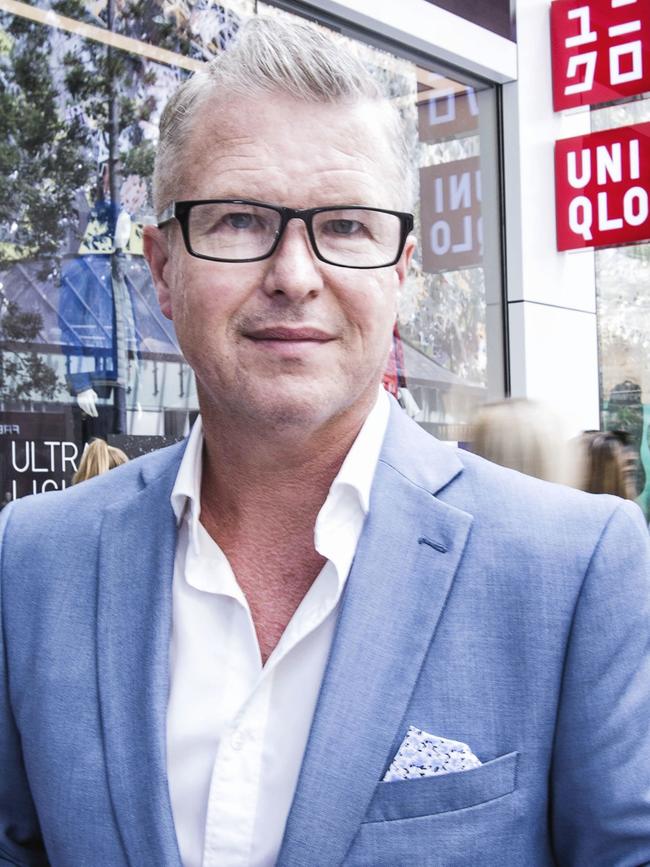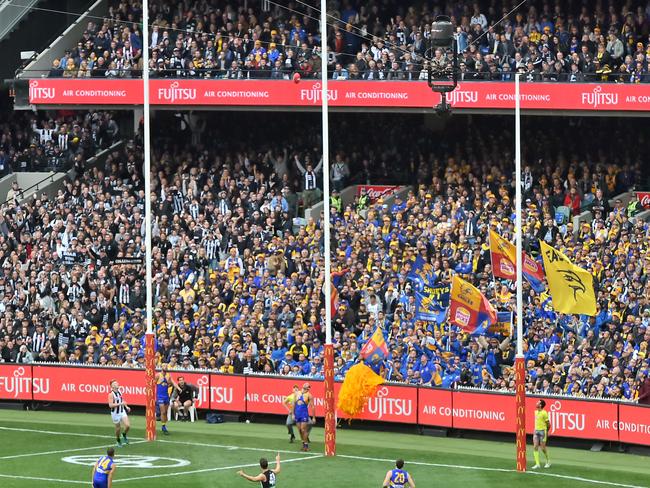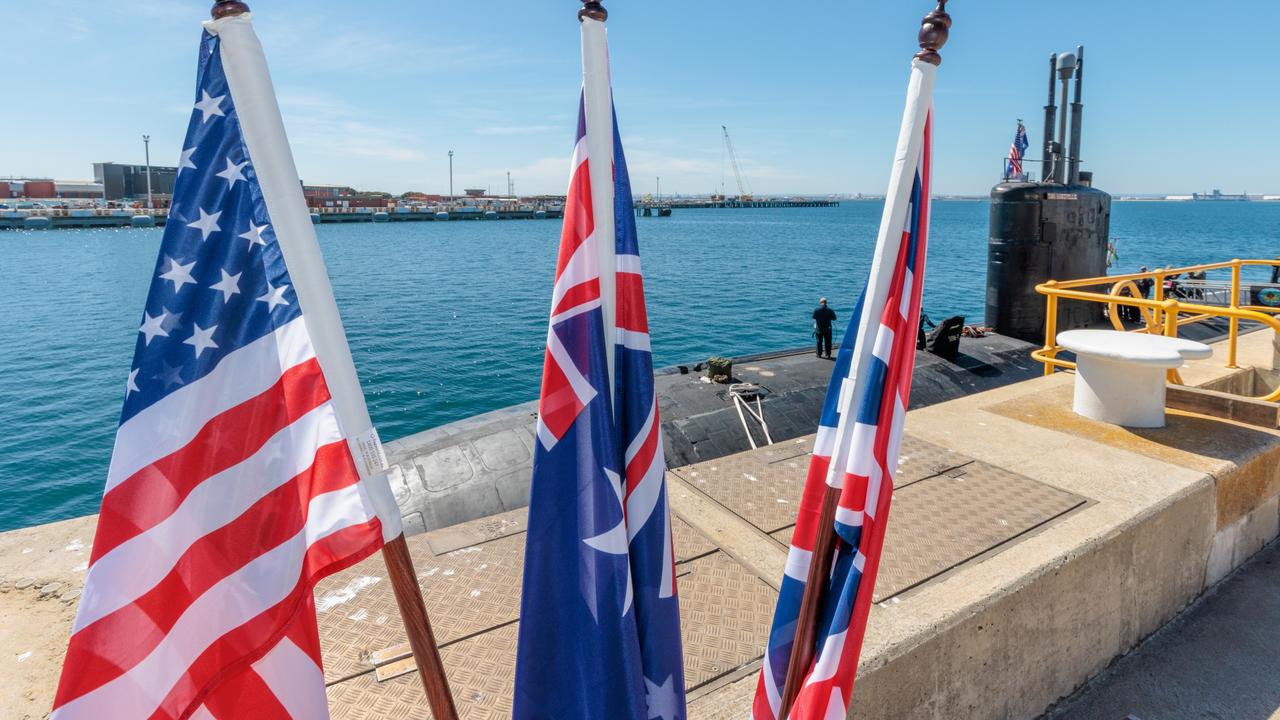A historic AFL grand final at the Gabba will only be a retail bonanza if SA or WA club is playing
The AFL grand final is tipped to inject $18 million into Queensland’s economy, but experts say that’s dependent on either Port Adelaide or West Coast reaching the decider.
The AFL Grand final at the Gabba is tipped to pump $18 million into Queensland’s economy but retail experts say it will only be a financial bonanza if Port Adelaide or West Coast, preferably both, reach the decider.
Border lockdown prevents Victorians or NSW residents crossing into Queensland without having to spend two weeks in quarantine while there is free movement for South Australians and West Australian folk.
The Gabba will host the first AFL grand final outside Victoria on October 24 with a capacity crowd around 30,000. The starting time has yet to be determined although it’s expected to be early evening.
A Port Adelaide v West Coast decider would be the ideal outcome for retailers, pubs, clubs and hotels while an all-Victorian grand final would be nowhere near as profitable, says National Retail Association CEO Dominique Lamb.
“It’s all dependent who is in the grand final and they (retailers) would be hoping for Port Adelaide or West Coast, or both, to make the grand final,” Ms Lamb told NCA NewsWire.
“Then we get more people into the state as domestic travellers because people tend to spend when they’re on holidays.
“We want them to come and spend money, enjoy the experience and spend money at our restaurants and hospitality but it is very dependent, because of our border closures, who is in the grand final.”


Queensland consumer expert Dr Gary Mortimer said pubs, clubs and restaurants were unlikely to benefit as much as retailers because of COVID restrictions on patronage.
Under Queensland Health’s COVID-Safe pubs and clubs can only operate at 25 per cent capacity with patrons to be seated unless ordering food or beverages.
“Retailers will win out but the drawbacks are the pubs, clubs, bars and restaurants which are limited on how many people they can put through,” Dr Mortimer said.
“There is the hassle of having to sit at a table, so despite the influx of tourists coming to Brisbane that weekend it may not achieve the material gain or net gain for bars, hotels, clubs and restaurants.”
He said interstate visitors were likely to spend up to a week in Brisbane and agreed with Ms Lamb that the teams which made the grand final would dictate the financial prosperity that weekend.

“With no SA or WA team, a local might come into Brisbane for the day to watch the match, but if you’re travelling from Adelaide or Perth you are more likely to spend up to a week here. You are not going to travel all that way for just two days.”
The AFL was forced to move the decider away from the MCG, where it is contractually tied until mid-2050, because of COVID-19 with Queensland’s bid trumping SA, NSW and WA presentations.
A beaming Queensland Premier Annastacia Palaszczuk estimated the game would inject “more than $18 million” into the local economy.
It’s yet to be determined how many minor finals will be staged in southeast Queensland.
The premiership cup will tour regional Queensland in the lead-up to the Gabba Grand Final


